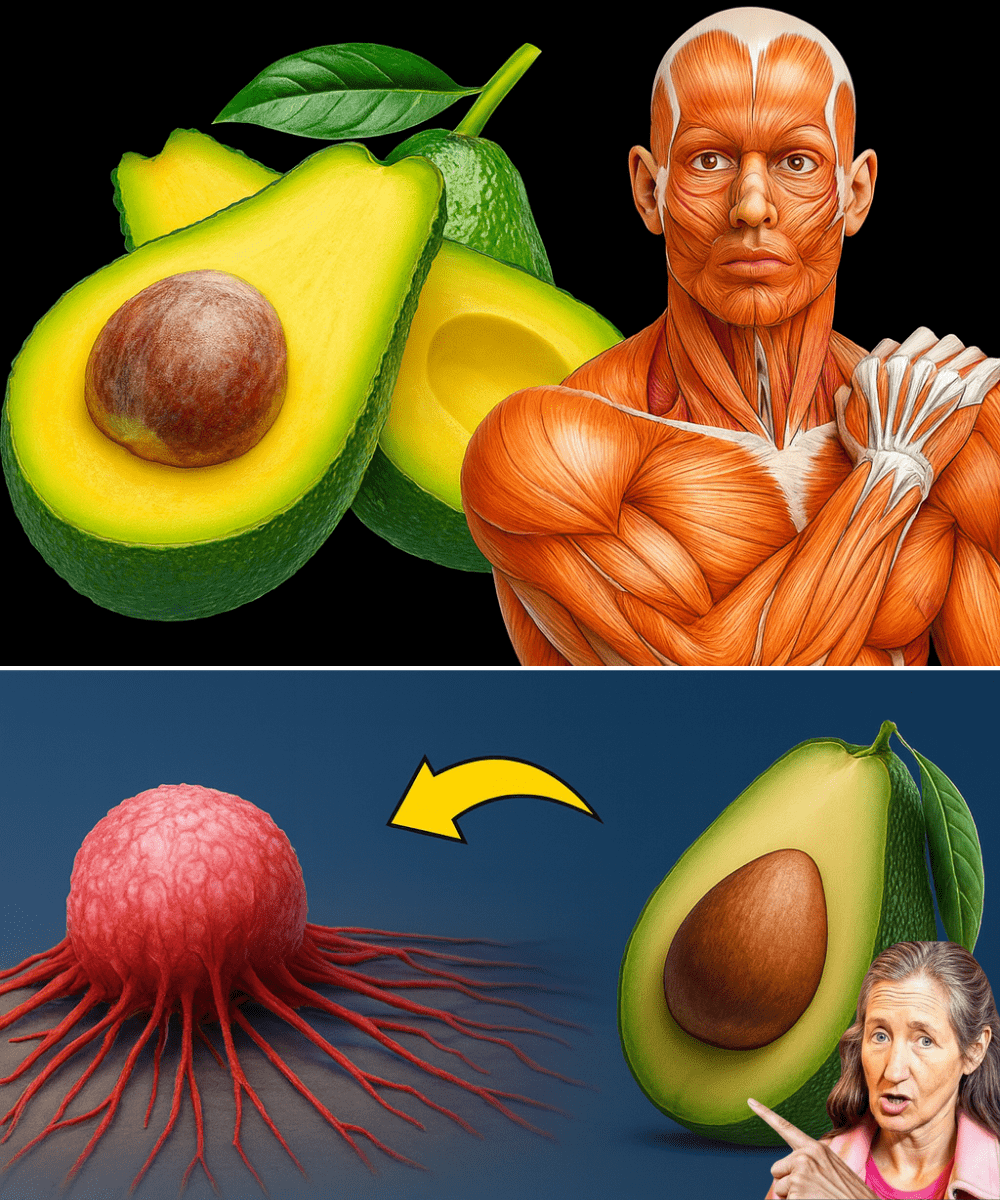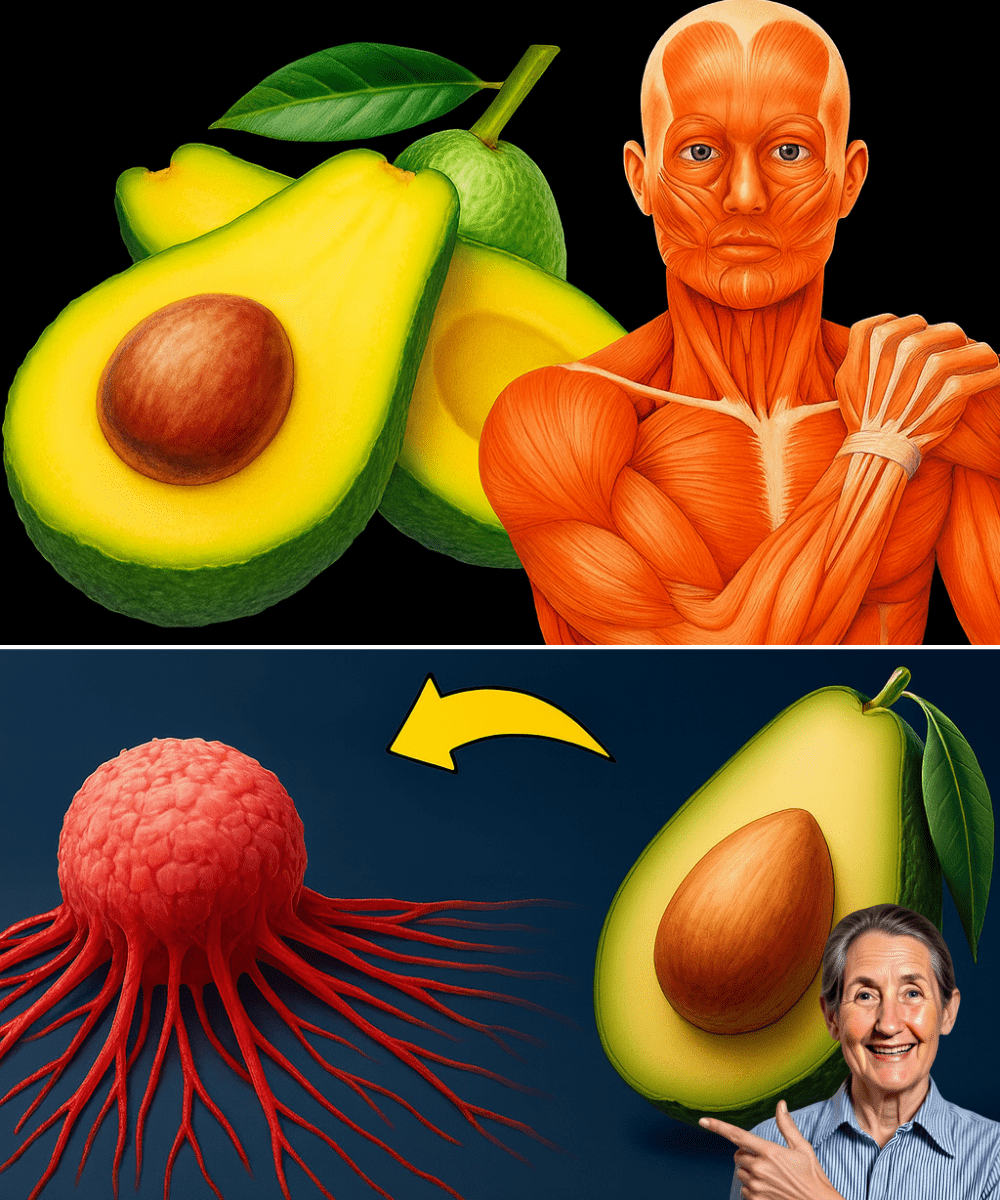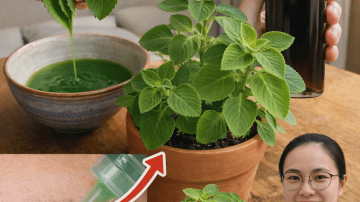The Avocado—the creamy, green darling of modern nutrition—is celebrated worldwide as a nutritional superstar. Its generous supply of monounsaturated fats, potassium, and fiber makes it a staple in countless heart-healthy, keto, and plant-based diets. From trendy avocado toast to revitalizing smoothies, this fruit’s popularity is undeniable.

However, behind the glossy reputation of this superfood lies a paradox and a set of hidden health risks that many consumers and even some health professionals overlook. For a significant subset of individuals, eating avocados can trigger unexpected, uncomfortable, and sometimes severe adverse reactions that are often mistakenly blamed on other foods or factors.
Are you experiencing unexplained headaches, skin flushing, or digestive distress after your avocado fix? It’s time to move beyond the hype. Read on to uncover the critical, science-backed reasons why avocados are not universally safe, the surprising allergy links, and the specific health conditions that require you to monitor your intake—or avoid it altogether.
🔬 Beyond the Good Fats: The Hidden Health Risks
While the benefits of avocados are well-established, their unique chemical composition and protein structure mean they are potent biological agents that can trigger specific immune and metabolic responses in sensitive individuals.
1. 🎈 The Latex-Fruit Syndrome: A Critical Allergy Link
This is one of the most serious and overlooked dangers of avocado consumption.
- The Mechanism: Avocados contain proteins called chitinases. These proteins have structural similarities to the proteins found in natural rubber latex. If a person is allergic to latex (a common allergy), their immune system can confuse the avocado protein with the latex protein.
- The Effect: This cross-reactivity, known as Latex-Fruit Syndrome, can trigger mild symptoms like swelling of the lips and throat, itchy rashes, or hives. In severe cases, it can provoke anaphylaxis, a life-threatening allergic reaction that requires immediate medical attention.
- Who is at Risk: Anyone with a known latex allergy (or an allergy to related fruits like banana, kiwi, or chestnut) must exercise extreme caution with avocados.

2. 🥵 Histamine Intolerance: The Hidden Inflammatory Trigger
Avocados are naturally high in compounds called histamines, which are molecular messengers involved in allergic and inflammatory responses.
- The Mechanism: Individuals with Histamine Intolerance lack sufficient amounts of the enzyme DAO (diamine oxidase), which is needed to break down histamines consumed through food. When histamine levels build up in the body, they trigger systemic inflammatory reactions.
- The Effect: Symptoms often occur hours after eating and can include migraine-like headaches, skin flushing, persistent itching, digestive discomfort, anxiety, or heart palpitations. This delayed reaction makes it extremely difficult to trace back to the avocado.
- The Ripeness Factor: Overly ripe avocados contain higher levels of histamines than unripe ones, meaning sensitivity can worsen depending on the fruit’s stage of decay.
3. 📈 High Potassium Content: The Kidney Risk
Avocados are an incredible source of Potassium—a vital mineral necessary for healthy nerve and muscle function, and blood pressure regulation. However, in the wrong context, this nutrient density becomes a liability.
- The Mechanism: For individuals with Chronic Kidney Disease (CKD) or severely impaired renal function, the kidneys struggle to excrete excess potassium.
- The Effect: The resulting buildup of potassium (hyperkalemia) can be dangerous, leading to debilitating muscle weakness, numbness, and, critically, irregular heart rhythms or cardiac arrest. Even a food as healthy as avocado can be harmful in the setting of kidney compromise.
📉 Long-Term Risks and Who Must Be Cautious
The dangers of avocado consumption extend beyond immediate allergic reactions to include subtle, chronic systemic distress for highly sensitive individuals.
- FODMAP Sensitivity (IBS): Avocados contain polyols, which are fermentable carbohydrates that fall under the FODMAP category. For individuals with Irritable Bowel Syndrome (IBS) or other functional digestive disorders, polyols can cause significant gas, bloating, and pain.
- Autoimmune Flare-ups: For some individuals with autoimmune disorders, persistent exposure to high-histamine or specific plant proteins can contribute to the overall inflammatory load, potentially triggering uncomfortable flare-ups.
- Chronic Sensitivities: Repeated exposure to a high-histamine food can worsen the underlying histamine intolerance over time, making a person reactive to a broader range of foods.
Groups That Should Be Extra Cautious:
- Latex Allergy Sufferers: Avoid unless cleared by an allergist.
- Individuals with Kidney Disease/Renal Impairment: Must monitor potassium intake strictly with a doctor.
- Those with Diagnosed Histamine Intolerance: Should limit intake and choose only unripe avocados.
- IBS Sufferers: Monitor for bloating and gas due to polyol content.
💚 The Path to Safe Consumption (For Non-Sensitive Individuals)
For the vast majority of people who do not possess these sensitivities, avocados remain a profoundly nutritious food. The key is mindful consumption and quality control.
- Moderation: Stick to 1/2 to 1 full avocado per day. The calories and fat content are high, and moderation prevents overload.
- Choose Unripe: Opt for avocados that are slightly less ripe, as the histamine content is lower. Avoid any signs of spoilage or browning.
- Mind the Pairing: Pair your avocado with fiber and lean protein (like eggs or salmon) to promote stable digestion and blood sugar.
- Organic Choice: Buying organic can help reduce exposure to pesticides that may contribute to overall chemical burden and sensitivity.
📝 Tips to Identify and Manage Food Sensitivity
If you suspect avocado might be contributing to your symptoms, take control by gathering objective data.
- Food and Symptom Diary: Keep a detailed log. Note exactly when you eat avocado (including the quantity) and track any resulting symptoms (headache, flushing, digestive upset) that occur within 2 to 6 hours.
- Elimination Diet: Under the guidance of a healthcare professional or registered dietitian, remove all avocados (and potentially other high-histamine foods) from your diet for two to four weeks. If symptoms subside, carefully reintroduce a small amount to confirm the trigger.
- Professional Testing: Discuss allergy testing (for Latex-Fruit Syndrome) or specialized blood tests (for histamine intolerance markers) with your doctor.
👑 Final Thoughts: Listen to Your Body’s Unique Code
The Avocado Paradox is a powerful reminder that health is intensely personal. A food hailed as a superfood globally can still trigger serious or chronic issues in an individual with specific sensitivities.
There is no shame in discovering that a popular food is not right for your unique biochemistry. Your health journey depends on listening to the subtle signs your body is sending you—be it persistent itching, unexplained headaches, or chronic digestive trouble.
If you recognize any of the hidden risks or symptoms discussed, consult a qualified health professional. Your well-being depends on respecting your body’s unique code, not following the latest trend.






